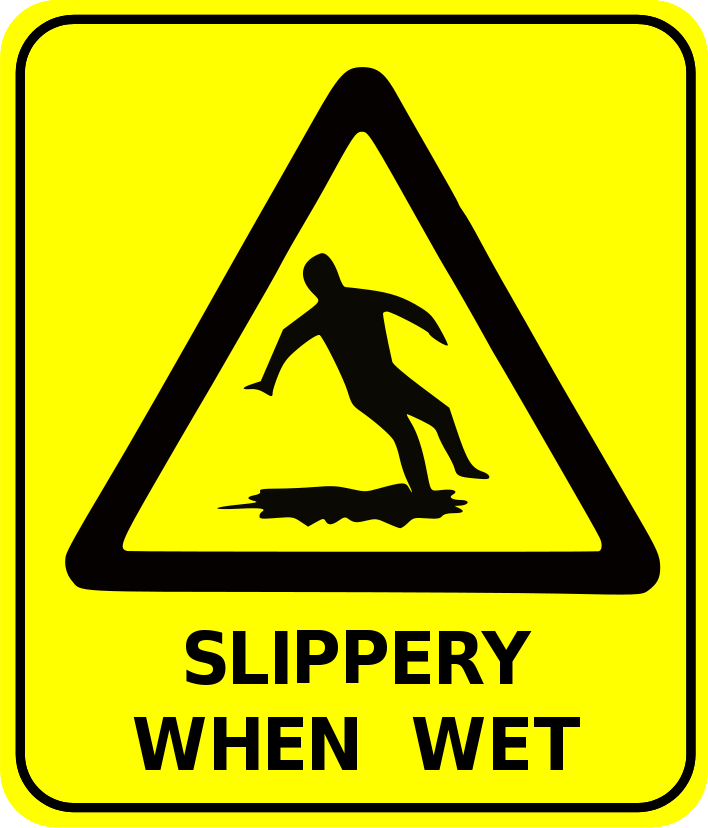Present Progressive.
The present progressive tense combines the present indicative of the verb estar (to be) with the present participle of another verb to indicate an action in progress. The present progressive tells what a person "is doing" right now.
- I am speaking with my mother right now.
- The children are playing in the yard right now.
- Are you going to the store now?
The present participle never changes according to the tense. The progressive tense can be used in any time reference simply by changing the tense of estar, creating the present progressive, preterite progressive, the imperfect progressive, the future progressive, etc. This article explains how to form and when to use the present progressive tense.
Present Progressive Forms
The present progressive is a verb phrase consisting of both estar (the "is" part which indicates the tense) and the present participle (the "-ing" part which indicates what the action is). To form the present progressive, conjugate estar to the present indicative tense and add the present participle form of the verb that the person is actually doing.
Present Progressive Formula: estar + present participle (verb stem + -ando for -ar verbs/-iendo for -er and -ir verbs)
I am speaking We are speaking
You are speaking You (all) are speaking
You (formal) are speaking You (all, formal) are speaking
He/she is speaking They are speaking
Present Progressive Uses
Single Current Actions
Simply, what a person is doing right now, and action they are currently participating in.
- He is writing an essay for his Spanish class.
- We are cooking dinner right now.
- They are sleeping in the small bedroom right now.
In English and Spanish, this is usually expressed using the present progressive, but it is possible to use the present tense in Spanish as well.
- What are you doing?
- I'm cleaning the kitchen.
- How are you doing?
- I´m doing well, thank you.











